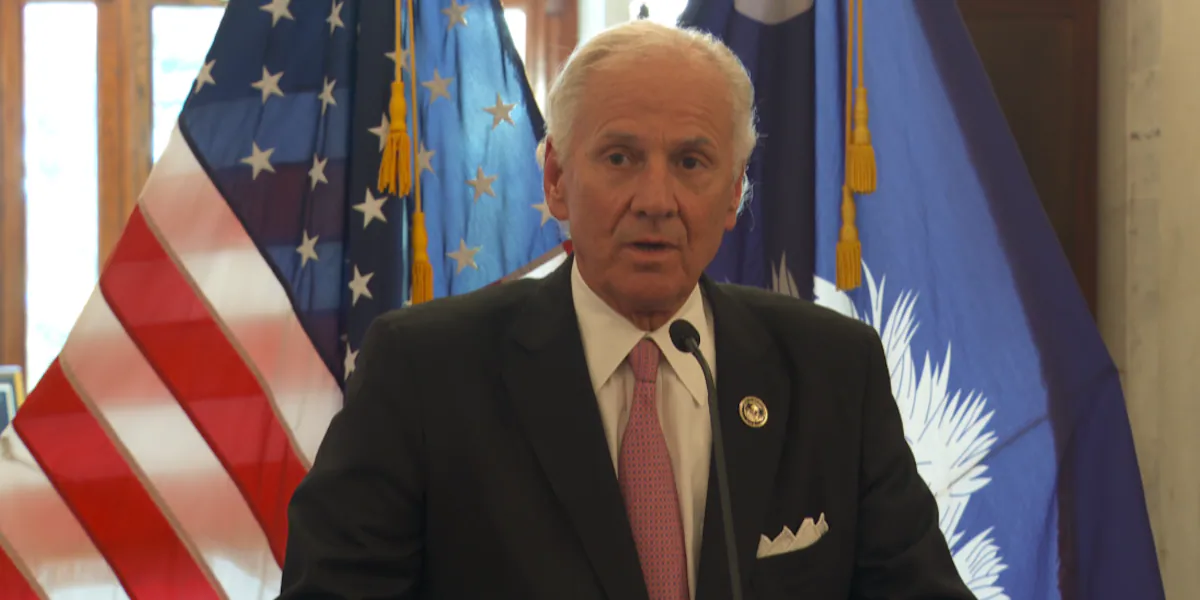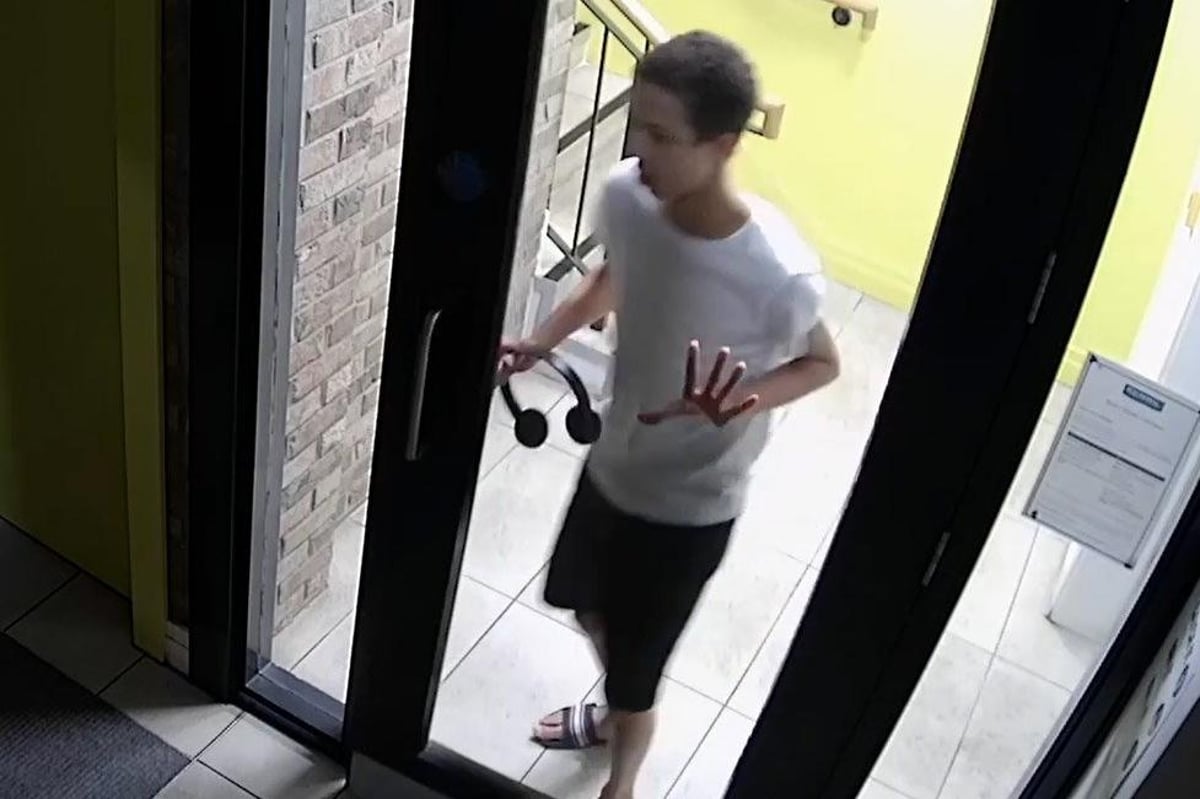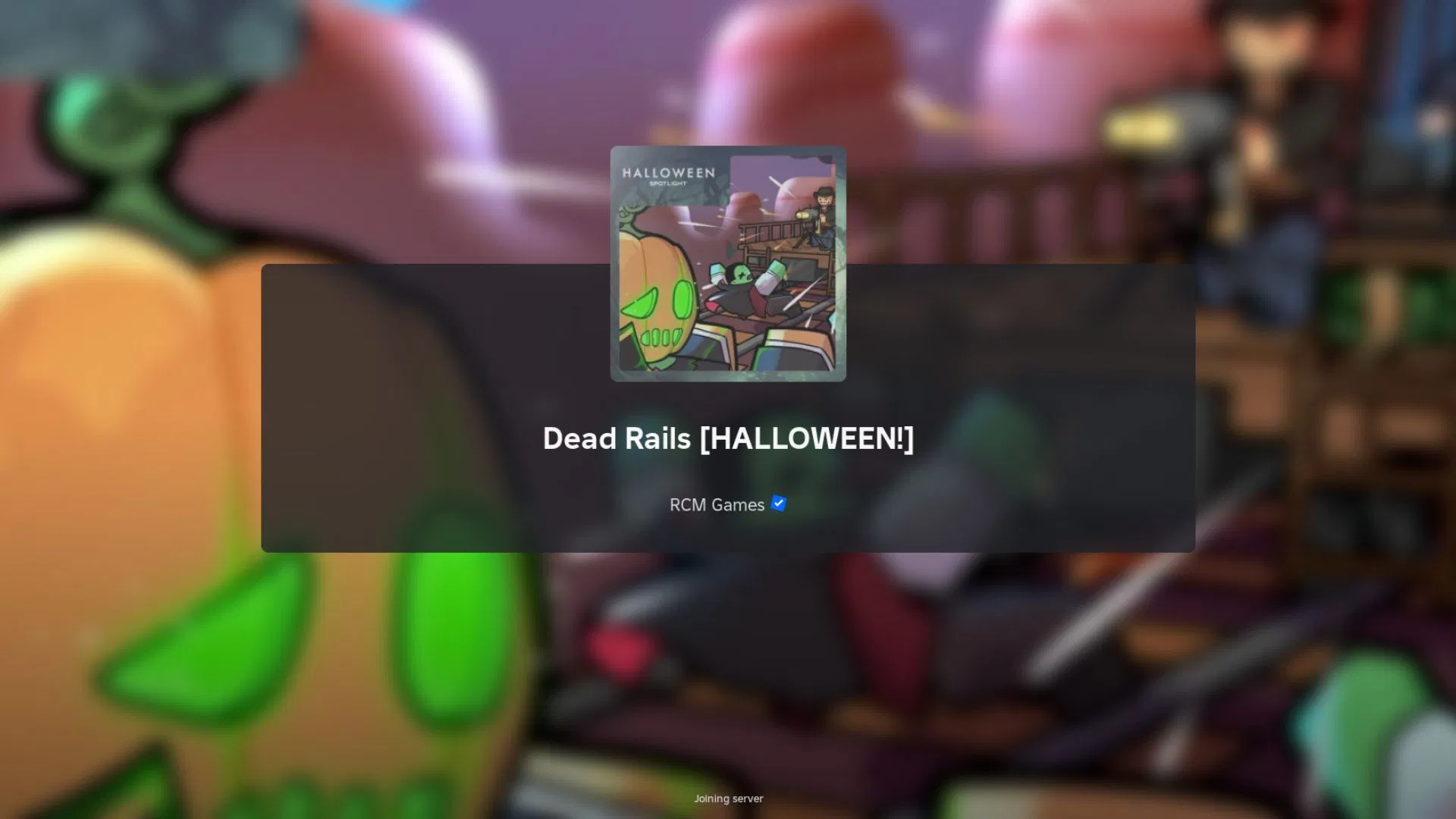Copyright WIS10

COLUMBIA, S.C. — With the federal government shutdown on pace to become the longest-ever in US history — leaving travel snarled at a growing number airports across the country, federal workers without pay, and tens of millions of Americans wondering how they will put food on the table for the foreseeable future — South Carolina’s governor didn’t mince words when asked about it Tuesday. “This is absurd for the greatest country in the world to be stumbling along for just the lack of a few votes,” Gov. Henry McMaster told reporters gathered outside his State House office. “It is absurd. This will be a chapter in the greatest stupidities in the world, this kind of behavior.” McMaster was referring to the handful of Democrats needed to vote with Republicans in the US Senate to overcome a filibuster on the short-term government funding bill the US House of Representatives previously passed. While Republicans hold narrow majorities in both chambers of Congress, 60 votes are needed to get around Democrats’ block in the Senate. Until a funding agreement passes, the federal government will remain closed. Congressional Democrats have said they will not vote without negotiations on expiring health care tax credits, while Republican lawmakers have maintained they will talk health care only once the government is reopened. “There’s no excuse for the dysfunction that’s going up, and they’ve got everybody upset, got families worried, got — certainly people are going to be hungry,” McMaster, a Republican, said, putting blame for the extended shutdown on Democrats. The shutdown reached its 35th day on Tuesday, matching the record partial shutdown over border wall funding from late 2018 into early 2019, during the first presidency of Donald Trump. Once the current shutdown hit November, tens of millions of low-income Americans went without the monthly food stamp payment they receive to put food on their tables through the Supplemental Nutrition Assistance Program, or SNAP. More than 260,000 households were enrolled in the program in October in South Carolina, receiving an average monthly payment of $394, according to data from the Department of Social Services, which manages it in the state. Late last week, two federal judges ruled the Trump administration must tap into its contingency fund to pay for SNAP in November, which the US Department of Agriculture had refused to do. The ruling came in response to a lawsuit brought by more than 20 states with Democratic attorneys general. South Carolina, whose attorney general is a Republican, was not among those that sued. On Monday, the USDA said payments would be half of what they normally are each month because the amount in its reserves was not sufficient to fully fund the program, adding it could take weeks or even months for the money to be loaded onto SNAP recipients’ EBT cards. The following day, Trump said on the social media site Truth Social that those payments would not come until the shutdown ended. DSS has said it is awaiting instructions from the federal government on disbursing November benefits in South Carolina. “The answer is not going and finding an obscure law somewhere and fighting over it all the way in the courthouses all over the country,” McMaster said when asked about guidance to South Carolinians caught in the back-and-forth between the courts and the White House. “They just need to vote just like they did last time and continue the government, just open the government back up, and provide the funds again for several months.” In response to the shutdown and its impact on the more than half-a-million South Carolinians enrolled in SNAP, the state activated the One SC Fund last week, launching a charitable giving campaign to raise money to help food banks and pantries. Any money donated to the fund during this time would only be used to assist with local programs providing aid to SNAP recipients in the state. In the past, the One SC Fund has been opened to take in private and corporate donations following natural disasters, and its most successful campaign, following Hurricane Helene last year, brought in around $6 million. That’s a fraction of the roughly $104 million that funds SNAP each month in South Carolina alone, a cost fully covered by the federal government. In calling on state leaders to take more action, Democratic state lawmakers said last week the fundraising campaign was “a band-aid on a bullet hole” — a reality McMaster has acknowledged. “There is no way to replace all of that money,” the governor said Tuesday. South Carolina Democrats have urged McMaster to declare a state of emergency, claiming it would allow the governor to tap into emergency funding to help SNAP recipients. However, the governor’s office has pointed out McMaster does not have that authority, as the power to appropriate money rests with the legislature. The governor has said he does not plan to declare a state of emergency. Other Democrats have also asked for the General Assembly to return to Columbia for a special session to tap into the more than $800 million in state reserves to cover SNAP benefits in November. “We need to show that we are not Washington, D.C., that we are down to do the work of the people, and if that means coming into session to figure it out, then we, as a body, as Democrats, are willing to do that, and we’d ask Republicans to do the same,” House Minority Leader Todd Rutherford, D – Richland, said during a news conference last Wednesday. The governor cannot call the General Assembly back into session. It is unclear if the Speaker of the House and the Senate President, who hold that power, would even be able to do it under these circumstances because of the resolution that outlines the reasons for which they can return to work in Columbia outside their regular legislative session. McMaster has also noted that, in the face of a potential immediate crisis, a special session could be a lengthy process, and there is no guarantee lawmakers would reach an agreement to appropriate this money. Feel more informed, prepared, and connected with WIS. For more free content like this, subscribe to our email newsletter, and download our apps. Have feedback that can help us improve? Click here



